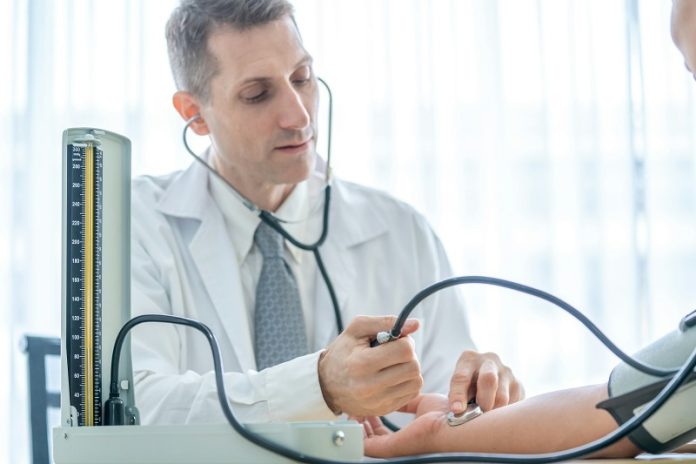
High blood pressure, or hypertension, is a common health issue for older adults. It raises the risk of serious problems like heart disease, strokes, and kidney damage.
While medicines can help, what you eat also makes a big difference. Some foods can make blood pressure worse, so it’s important for seniors to know which ones to avoid.
One of the biggest causes of high blood pressure is eating too much salt. The body needs a little salt, but too much makes it hold on to extra water. This puts more pressure on the blood vessels and raises blood pressure.
The American Heart Association recommends that people with high blood pressure limit their salt intake to 1,500 milligrams a day. That’s about two-thirds of a teaspoon. However, most people eat much more than that without realizing it.
Processed foods are a major source of hidden salt. Canned soups, frozen dinners, and salty snacks like chips and pretzels often contain a lot of sodium. Even foods that don’t taste salty, like bread and cheese, can have high levels of salt. Fast food and restaurant meals are also loaded with salt compared to home-cooked meals.
Too much sugar is another problem. Studies show that eating a lot of added sugar can cause weight gain and raise blood pressure. A study in JAMA Internal Medicine found that people who ate a lot of added sugar had a higher chance of dying from heart disease. This was partly because of the effects on blood pressure.
Sugary drinks like soda, sweet coffee or tea, pastries, and candy are some of the worst offenders. Many packaged foods, such as flavored yogurt, granola bars, and breakfast cereals, also have hidden sugars. The best way to avoid them is to read food labels and choose fresh, whole foods whenever you can.
Unhealthy fats also play a role in raising blood pressure. Saturated fats are found in fatty meats, butter, full-fat dairy, and fried foods. These fats raise cholesterol levels and increase the risk of heart problems.
Trans fats are even worse. They are found in some margarines, packaged baked goods, and fried fast food. These fats can cause inflammation and damage blood vessels.
Seniors should choose healthier fats instead, like those in olive oil, nuts, seeds, and avocados. These can help support heart health.
Processed meats are another food to limit. A study from Harvard found that regularly eating processed meats—like bacon, sausage, ham, and deli meats—can raise blood pressure and increase the risk of heart disease.
These meats often contain high levels of salt and preservatives. Better options include fresh meats like chicken, turkey, fish, or plant-based proteins like beans and lentils.
Alcohol is another factor. While small amounts may be okay, drinking too much can raise blood pressure. The American Heart Association recommends no more than one drink a day for women and two for men.
In summary, seniors with high blood pressure should avoid salty, sugary, and fatty foods, along with processed meats and too much alcohol. Choosing healthier, fresh foods can make a big difference in managing blood pressure and improving overall health.
If you care about high blood pressure, please read studies about potatoes and high blood pressure, and top 10 choices for a blood pressure-friendly diet
For more information about high blood pressure, please see recent studies about impact of vitamins on high blood pressure you need to know, and the powerful link between high blood pressure and a potassium-rich diet.
Copyright © 2025 Knowridge Science Report. All rights reserved.



